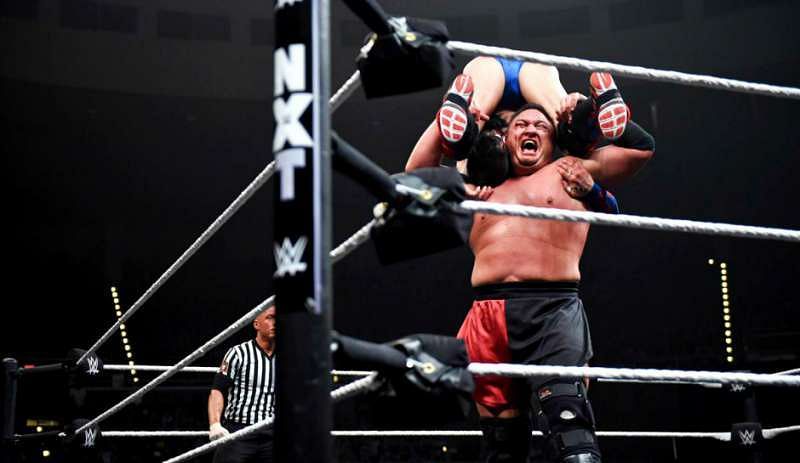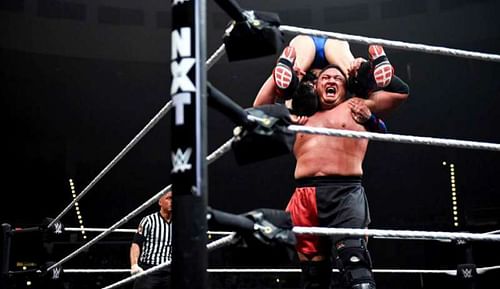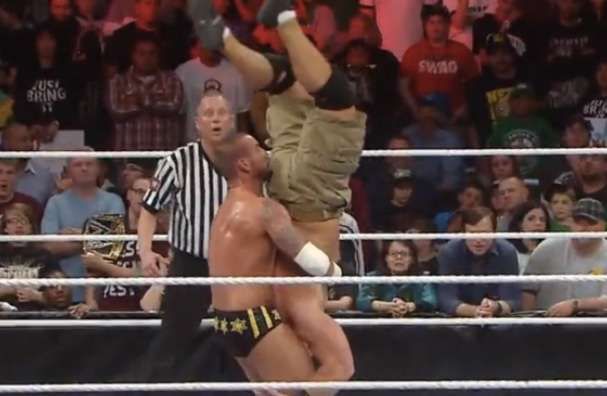
5 things that are banned in WWE and the reasons why
Some fans have been known to call WWE the ‘fun police’, mainly because they feel they take away certain aspects of professional wrestling that we know and love. Of course, they don’t do it without reason, and more often than not fans end up looking back on these kinds of decisions and thinking, “they were probably right about that”.
Of course, not everyone is going to feel this way, and the five entries on this list certainly made the headlines when they were gradually phased out of the weekly product. Some of them are specific moves, while others are physical ‘things’ that have caused many issues for WWE over the years.
Every now and again people will do them in order to improve the overall quality of a match, knowing full well that the first thing Vince McMahon will do once they’ve walked back through gorilla position is scream at them and fine them.
Still, it’s worth it more often than not and seeing it every so often as opposed to all the time does admittedly make things feel a little bit more special.
With that being said, here are five things that are banned in WWE and the reason behind them.
#1 Dangerous moves
A few years back a number of moves were banned in order to follow in line with WWE wanting to reduce head injuries, with Austin’s neck problems courtesy of Owen Hart being a key example of past mistakes. In terms of the actual moves that suffered, there’s quite a few that were caught in the firing line.
This includes the piledriver, the punt, and even the curb stomp. All three have fallen victim to the curse that is Vince McMahon’s trigger finger, and all three moves deserve better. However, it’s strange when you see Sheamus doing a variation of the punt kick that resulted in a broken tooth for Jeff Hardy while Orton is barred from doing so. Sheamus’ style calls for hard-hitting kicks and strikes however unsafe it may look.
Of course, the reasons behind them include Vince not wanting children at home to replicate them, which makes sense, but as long as they’re delivered properly on television then there should be no issue.

